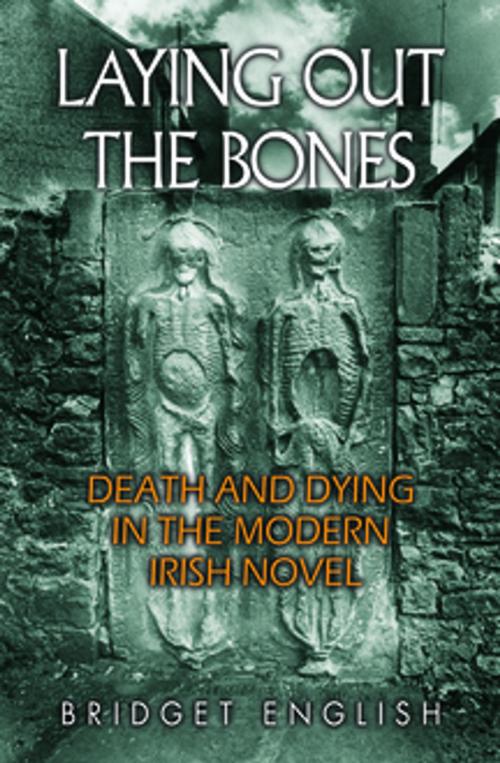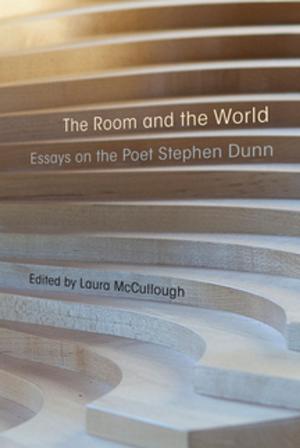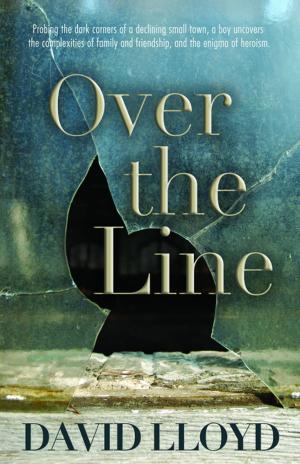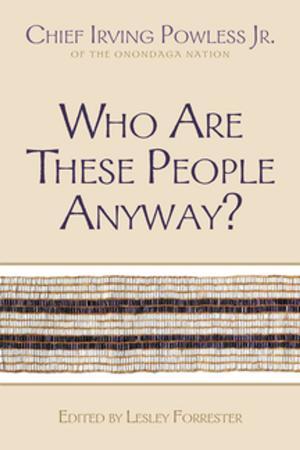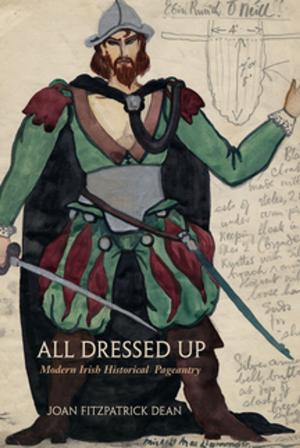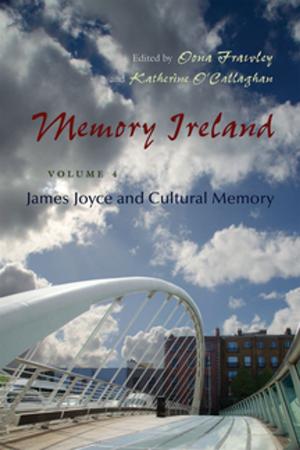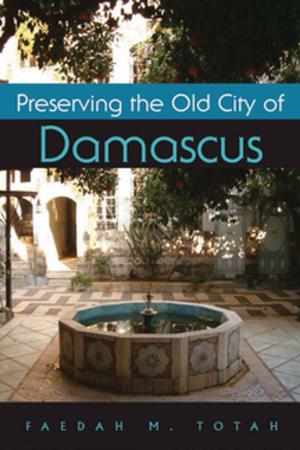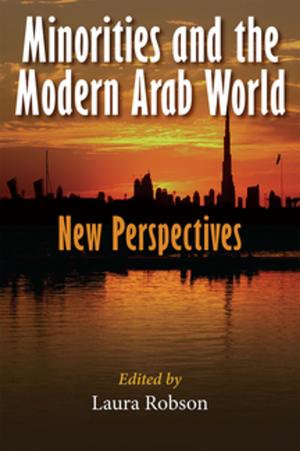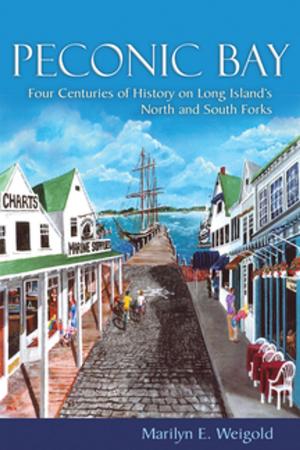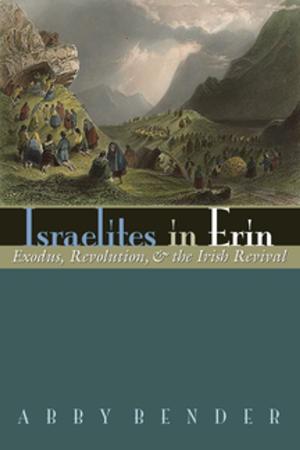Laying Out the Bones
Death and Dying in the Modern Irish Novel from James Joyce to Anne Enright
Fiction & Literature, Literary Theory & Criticism, British| Author: | Bridget English | ISBN: | 9780815654148 |
| Publisher: | Syracuse University Press | Publication: | December 1, 2017 |
| Imprint: | Syracuse University Press | Language: | English |
| Author: | Bridget English |
| ISBN: | 9780815654148 |
| Publisher: | Syracuse University Press |
| Publication: | December 1, 2017 |
| Imprint: | Syracuse University Press |
| Language: | English |
English sheds new light on death and dying in twentieth- and twenty-first century Irish literature as she examines the ways that Irish wake and funeral rituals shape novelistic discourse. She argues that the treatment of death in Irish novels offers a way of making sense of mortality and provides insight into Ireland’s cultural and historical experience of death. Combining key concepts from narrative theory—such as readers’ competing desires for a story and for closure—with Irish cultural analyses and literary criticism, English performs astute close readings of death in select novels by Joyce, Beckett, Kate O’Brien, John McGahern, and Anne Enright. With each chapter, she demonstrates how novelistic narrative serves as a way of mediating between the physical facts of death and its lasting impact on the living. English suggests that while Catholic conceptions of death have always been challenged by alternative secular value systems, these systems have also struggled to find meaningful alternatives to the consolation offered by religious conceptions of the afterlife.
English sheds new light on death and dying in twentieth- and twenty-first century Irish literature as she examines the ways that Irish wake and funeral rituals shape novelistic discourse. She argues that the treatment of death in Irish novels offers a way of making sense of mortality and provides insight into Ireland’s cultural and historical experience of death. Combining key concepts from narrative theory—such as readers’ competing desires for a story and for closure—with Irish cultural analyses and literary criticism, English performs astute close readings of death in select novels by Joyce, Beckett, Kate O’Brien, John McGahern, and Anne Enright. With each chapter, she demonstrates how novelistic narrative serves as a way of mediating between the physical facts of death and its lasting impact on the living. English suggests that while Catholic conceptions of death have always been challenged by alternative secular value systems, these systems have also struggled to find meaningful alternatives to the consolation offered by religious conceptions of the afterlife.
